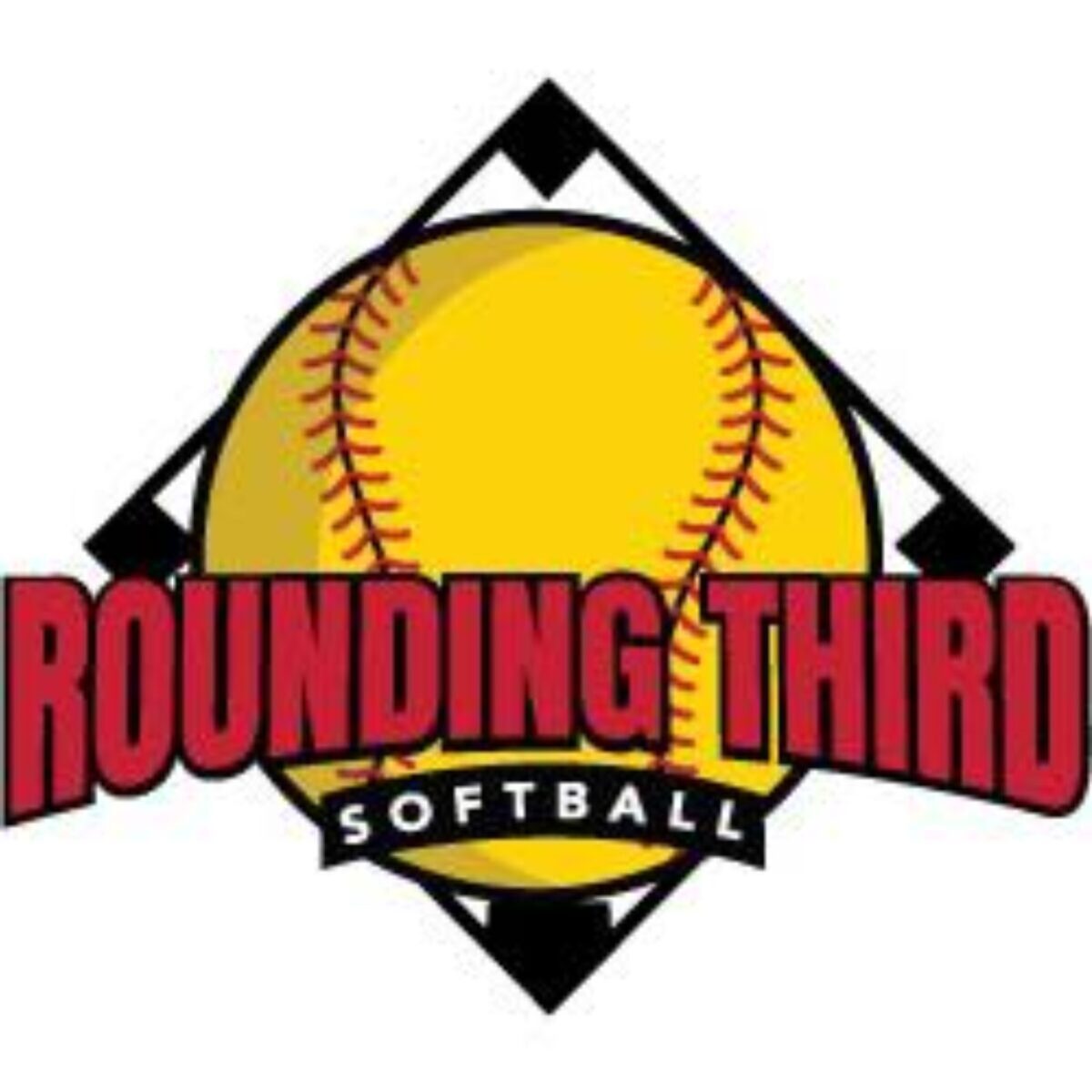This week Rounding Third Softball starts a series of interviews with Collegiate Head Coaches on the current state of College Softball and the effect of the COVID-19 (Coronavirus) Pandemic currently gripping our nation and world.
We talk today with University of Toledo Head Coach Joe Abraham. Coach Abraham was in his second season with the Rockets that was 11-12 when the season was ended. Abraham lead Toledo to a MAC Conference Championship and an appearance in the NCAA Regionals in year one of his tenure.
RTS: The COVID-19 Pandemic has obviously been one of the most unique and disturbing times in our countries history. From the standpoint of Collegiate Athletics it has been unprecedented in the fact of its impact on all sports including softball. Talk a little about how it has affected your program particularly. Where were you and your team when they found out the season had been canceled? How did you break the news that the 2020 season was over to your athletes and the immediate and aftereffect of announcement since?
Abraham: It was really weird for us because we were playing a game and hearing that the NCAA was making an announcement and that conferences were starting to shut down. As soon as our game with Indiana was over, we got word that the Big Ten had cancelled its season and we saw the NCAA announcement about its championships, but we couldn’t figure out whether it meant the postseason or the entire championship season (as the regular season is called in NCAA parlance). But either way, we knew that once the Big Ten was done, the MAC was also very likely to be done for the spring, so we were literally standing on the field after the handshake when we pretty much knew the deal. We chatted for a while and then someone remembered that we hadn’t taken a team picture this spring, so we gathered and took our team picture. We found out for certain about an hour later at dinner when the MAC released its announcement. Everyone was constantly checking their phones and Twitter, so it wasn’t really a matter of me breaking the news, we all got it about the same time. We still had two days in Madeira Beach, so we made the best of it. We let the girls do whatever they wished with parents during the day on Friday and the coaches and the juniors put together a great Senior Night party that we had at a house on the beach that a few of our families had rented. Those families made the food, other families took care of the seniors’ cakes and desserts and the juniors did a great job with all the normal senior day gifts and presentation. So our seniors at least got to enjoy their Senior Night at an incredible house on the beach in 75-degree weather with all of the team and most families there to celebrate.
RTS: As a coach what are your opinions on how NCAA has handled the outbreak and the cancellation of the 2020 season?
Abraham: It seems to me the NCAA should have been in closer contact with the conference commissioners. The NCAA cancelled its championships before any conferences except the Ivy cancelled their seasons, so the NCAA almost left the conferences no choice. I still haven’t read a good reason why games nationwide couldn’t have been shut down for a few weeks and then re-evaluate. But by now with many schools having sent students home, the cancellation of the season was probably inevitable.
RTS: How does the cancellation affect what you will do in the future from an operational and progressive program standpoint since you are losing the season?
Abraham: We first have to find out what will happen with that potential extra year of eligibility and scholarships. If everyone receives an extra year of eligibility and scholarship levels remain at a maximum of 12 beginning in 2021/2022 (with maybe a waiver for this year’s seniors for next year regarding scholarship limits), what happens to the verbals for the 2021 class? I know the NCAA doesn’t recognize verbals, but we all have all kinds of money committed to 2021s that our current juniors now have. If those juniors stay an additional year, do we have to pull verbals or re-apportion that money? I think the NCAA will be flying in the face of reality if it forces us to make those types of decisions. Other than those considerations, the cancellation of this season won’t affect how we do things in the future. One would think this will be the once-in-a-lifetime exception.
RTS: With the information at hand in which NCAA seems to be granting a year of eligibility back to the student-athletes that lost the 2020 season; How is this affecting your roster, recruiting, and scholarship management over the next year?
Abraham: We first have to see the parameters of how scholarships will be handled, but I hope we’re not put in a position of having to decide how to fulfill promises that all of the sudden we might not be able to keep. I would think pretty much all of us are going to figure out a way to honor our 2021 verbals. Our roster was already going to be really large the next couple of years and now it might get larger, so our 2022 and 2023 classes would likely be very, very small if the current players are all granted an additional year of eligibility.
